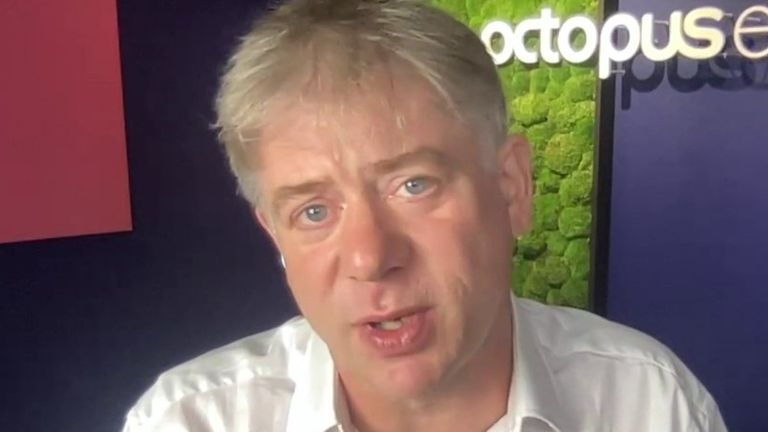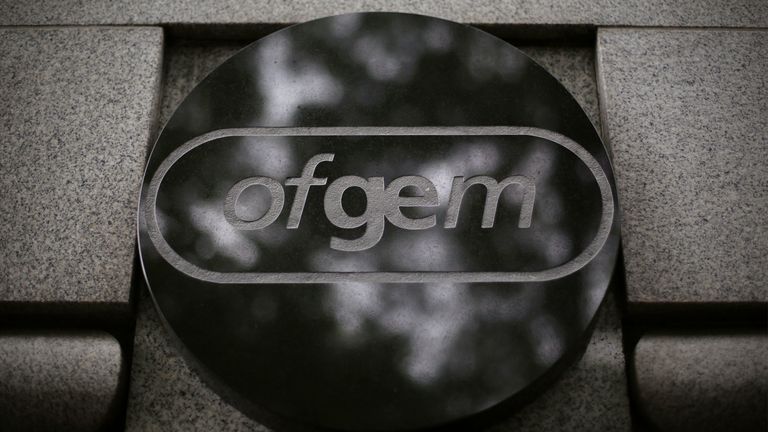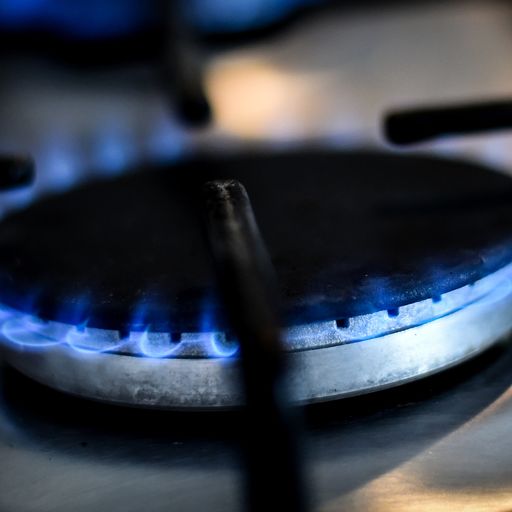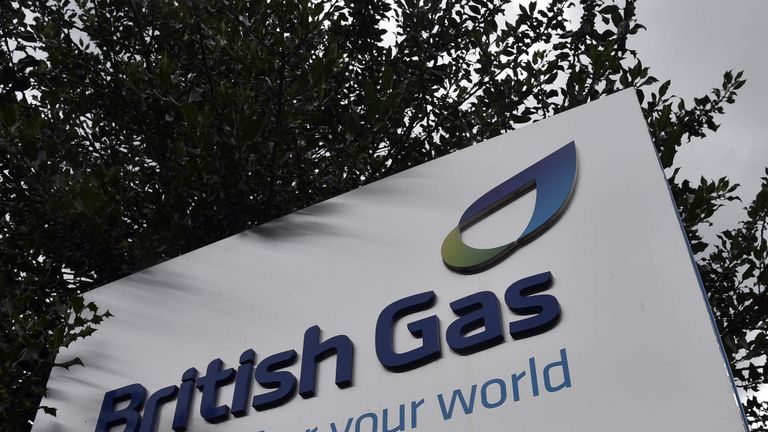‘Keep your fingers crossed’ strategy leaving smaller energy suppliers out in the cold
Expect to see misinformed commentary from some quarters in coming days about how the crisis currently engulfing small household energy suppliers is all the fault of privatisation.
About how outrageous it is that profits are privatised and that losses are nationalised.
And about how the only way out of this is renationalisation of the UK’s energy industry.
Nothing could be further from the truth.
There is plenty of research from economic consultancies and the industry regulator, Ofgem, which shows that privatisation of the UK’s electricity sector, to take one example, resulted in huge productivity gains, much-needed extra investment and fewer power cuts.
Evidence from other countries that have also privatised their energy sectors, such as Australia and Germany, also points to the private sector outperforming the public sector in terms of customer service and cost performance.
No one is seriously suggesting that the current problems could be solved by the recreation of state-owned monopolies like the old British Gas or the old Central Electricity Generating Board that, in the 1970s, regularly condemned millions of households to power cuts.
Moreover, competition in the household energy supply market following privatisation resulted in the UK having some of the lowest energy tariffs in Europe.
Bills remained high mainly because of the UK’s ageing housing stock, which has resulted in an unusually high proportion of draughty, uninsulated homes that require more energy to heat.
The problems now afflicting some of the small energy companies are entirely down to their business models and their own mismanagement.
The biggest energy companies – Eon, EDF, Scottish Power, British Gas, Octopus Energy and Ovo Energy – buy their energy in advance and seek to insulate themselves against rises in the price of wholesale energy by hedging.
This means that their costs can be higher than some of their competitors but means that they can be sure of keeping the lights on.
By contrast, the smaller companies now going bust are failing precisely because they do not do that.
They prefer to buy their wholesale energy on the “spot” market.
That “keep your fingers crossed” approach, as Greg Jackson, chief executive of Octopus Energy, today described it to Sky News, is a perfectly legitimate business model.
And it does work when the spot price is falling because it means these companies are selling energy to consumers at a higher price than they are buying it.
When the opposite happens, and the wholesale price spikes, it means that these companies can come a cropper very quickly.
We have seen this phenomenon before, notably in 2018, when nearly a dozen small energy suppliers went to the wall.
As in 2018, company failures tend to happen at this time of the year, because of the way many household energy customers make advance payments or even out their bills by paying by direct debit.
This means they overpay during the summer, when energy consumption tends to be low, but underpay in the winter when it rises.
For struggling energy companies, then, September tends to be when customer cash balances get run down and their overall financial situation becomes acute.
When an energy company goes under, Ofgem operates what is known as a “supplier of last resort” scheme, where it asks other energy companies to bid to take on customers from that supplier.
That system tends to work quite well in normal times.
For example, last week saw EDF Energy take on 220,000 former customers of the collapsed supplier Utility Point, while British Gas took on 350,000 former customers of the collapsed People’s Energy.
Unfortunately, the bigger energy companies are becoming increasingly reluctant to take on these customers, partly because doing so at the moment would oblige them to buy the energy to supply them at the present high wholesale price.
That price is currently higher than the price the companies are permitted to charge them under the energy price cap introduced by Theresa May’s government, which came into effect at the beginning of 2019.
So the big energy firms are, understandably enough, steering clear of doing so.
That is why reports are surfacing of how the government may need to incentivise the energy companies to take on customers of their failed rivals or even create a “bad bank” to house these customers, rather in the way during the financial crisis that the nationalised Northern Rock became a dumping ground for the toxic assets of other institutions, such as Bradford & Bingley.
The trouble is that, given the number of company failures expected in coming months, the cost of that support may run into billions of pounds.
Part of the blame for this has to lie with the energy regulator, Ofgem, which stands accused of having allowed too many of these “keep your fingers crossed” operators to enter the market.
As Martin Young, sector analyst at the investment bank Investec, put it in a note to clients this morning: “More suppliers could fail in the near future.
“Wholesale prices are a contributing factor, but previous light touch entry requirements and monitoring have also contributed.
“Ofgem has tightened up via the Supplier Licensing Review, but the fox was already in the hen house.
“The energy transition needs strong, profitable suppliers who can industrialise decarbonisation of heat, and bring forward innovative products.”
He said Ofgem should drop so-called opt-in/opt-out switching proposals where households on more expensive tariffs are offered a simple method of switching to a cheaper tariff and consumers who haven’t switched supplier for a while are automatically moved to a competitive new contract.
The irony is that the big energy companies will emerge stronger from this crisis.
For years, they were pilloried by some sections of the media and by politicians such as Ed Miliband – the first politician to propose an energy price cap – for allegedly ripping off consumers.
Their insistence that they charged more because they were being responsible and buying energy in advance fell on deaf ears.
Instead, politicians and the regulator urged households to switch suppliers regularly, encouraging the rise of the “keep your fingers crossed” players.
People used to moan about the vast profits made by some banks until the financial crisis taught us that, if there is one thing worse than a profitable lender, it is an unprofitable one.
If this crisis teaches the public that the same also applies to energy companies, it will be no bad thing.







